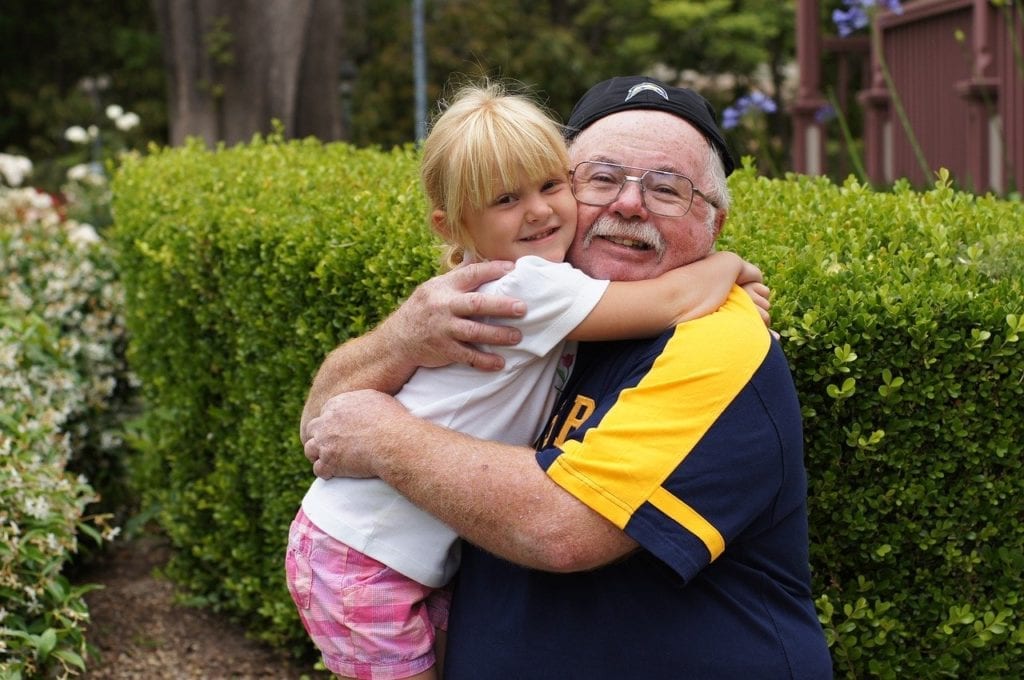A recent study, conducted my Melinda Kavanaugh from the University of Wisconsin, Milwaukee, examined the role of children who are acting as caregivers for those diagnosed with amyotrophic lateral sclerosis (ALS). The study was published this month in Neurology.
ALS is a rare and fatal disease which is progressive. Patients slowly lose their ability to take care of themselves as they once did and require the help of a loved one for normal activities like eating, bathing, getting dressed, and taking medication. Children often fall into this role due to a family’s inability to pay for an outside caregiver.
The results of this study, discussed below, make it clear that these children need to be provided the information, training, and support that other caregivers receive.
About the Study
Kavanaugh first conducted an online survey to identify ALS patients who were living in a household with children. This survey was distributed with help of various ALS Association chapters. Then, phone interviews were conducted with the children.
A total of 38 interviews were conducted with caregivers age 8 to 18. Of these, the vast majority were taking care of a parent. 18% were caring for a cousin, aunt, or grandparent. Participants conducted an average of 12 daily tasks for their loved ones, equating to an average of 5 hours each day.
Participants expressed both positive and negative emotions about their role. Although they feel isolated at times, they feel good about themselves when they are taking care of their loved ones. They also said they have feelings of guilt when they’re not helping. The patients had similar emotions. They explained their gratitude for the care, but some also expressed feelings of being a burden to their loved ones. Of the children,
- 68% said they didn’t feel as if they knew enough about ALS
- 50% said they would love to be able to connect with other children to talk about their experiences
- 50% said they found it hard to explain the disease to their friends
- 39% said they had concerns regarding talking about the condition with other members of their family
- Most participate in some sort of activity, sport, or hobby which gives them a break from their role
Study Limitations
- Small sample size
- Sample included only families who were receiving the services provided by the ALS Association
- Most participants were white
- Parents or other family members may have been in the room as the interviews were going on. This may have impacted responses.
Despite these limitations, this study highlights the critical need for caregivers to receive both training and support, no matter how young or old they are. It should be a question that all health care professionals ask; is there a child helping with your care? If so, information and resources should be provided to these families.
Rare diseases affect more than the patient themselves. We need to be cognizant of the various roles and participants in the caregiving process and work to ensure everyone is provided the support they need.
You can read more about this study here.








